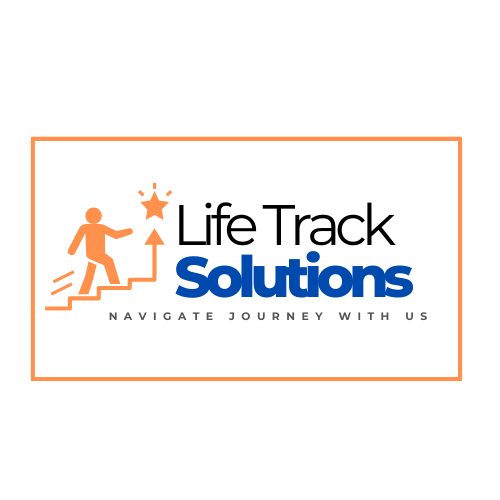Call us: +919899989919
Career counseling is a process where a counselor or therapist helps individuals to identify and clarify their career goals, strengths, values, interests, and skills, and to develop and implement action plans to achieve their career objectives. Career counseling typically involves a series of sessions or meetings with a counselor, who helps individuals to explore and evaluate different career options, set goals, explore job or educational opportunities, and develop strategies and skills to achieve these goals. The aim of career counseling is to help individuals make informed career decisions and achieve their career aspirations.
Over time, the practice of career counseling has evolved to encompass a wider range of approaches and techniques. Early career counseling was heavily focused on vocational guidance and aptitude testing, with the aim of matching individuals to specific jobs based on their interests and abilities. Nowadays, career counseling has expanded to include a more holistic approach, considering factors such as personality, values, work-life balance, and lifestyle in addition to skills and interests. Career counselors now also incorporate elements of coaching and counseling to help individuals navigate the job market and make informed career decisions.
Discovering Personal Passions and Strengths Early career counseling can help individuals in discovering their personal passions and strengths by:
Assessing personality traits and values: Career counseling provides an opportunity to take personality assessments and explore individual values and beliefs, which can help individuals gain insight into their personal strengths, weaknesses, and interests. Identifying skills and talents: Career counseling can help individuals recognize their existing skills and talents through self-assessment exercises and inventories.
Exploring career options: The career counseling process can help individuals explore different career options that align with their skills, values, and interests.
Making Informed Decisions Early career counseling can help individuals in making informed decisions regarding their careers by:
Providing Career Information:
Career counselors can provide information about various career options, education and training requirements, job market trends, and current labor market demands.
Increasing Self-awareness:
Career counseling helps individuals gain self-awareness by providing a deeper understanding of their interests, values, personality, and skills. This self-awareness can help individuals make informed decisions about their career path.
Helping Set Goals and Develop Plans:
Career counselors can provide guidance on setting career goals and developing plans to achieve them.
Navigating Transition Smoothly
Career counseling provides emotional and practical support during transition by creating a safe and supportive environment to discuss the fear and uncertainty that often accompany transition.
Boosted Self Confidence
Career counseling can help individuals build confidence and self-awareness by developing career planning skills and exploring different perspectives.
As we are now aware of the fact that career counseling at the early stage does have several benefits, it is also equally important to choose the right career counselor for you. When choosing a career counselor, you should consider the following:
Credentials and experience: Research the career counselor’s credentials and experience to ensure they have the necessary qualifications and experience to provide quality career counseling services. Some of the reputed certifications programs in this field are:
✓ The National Board of Certified Counselors (NBCC)
✓ The National Career Development Association (NCDA)
✓ The Association of Career Professionals International (ACPI)
✓ The International Coaching Federation (ICF)
Approach and methodology: Look for a counselor who uses an approach and methodology that aligns with your needs and goals.
Specialization:
Consider the counselor’s area of specialty and make sure they have experience helping individuals with career challenges similar to yours.
Cost:
Compare the cost of services between different counselors and choose the one that fits your budget. Some counselors offer a package and some charges per session. Based on your need and finances, you can choose whichever option that best suits your needs.


